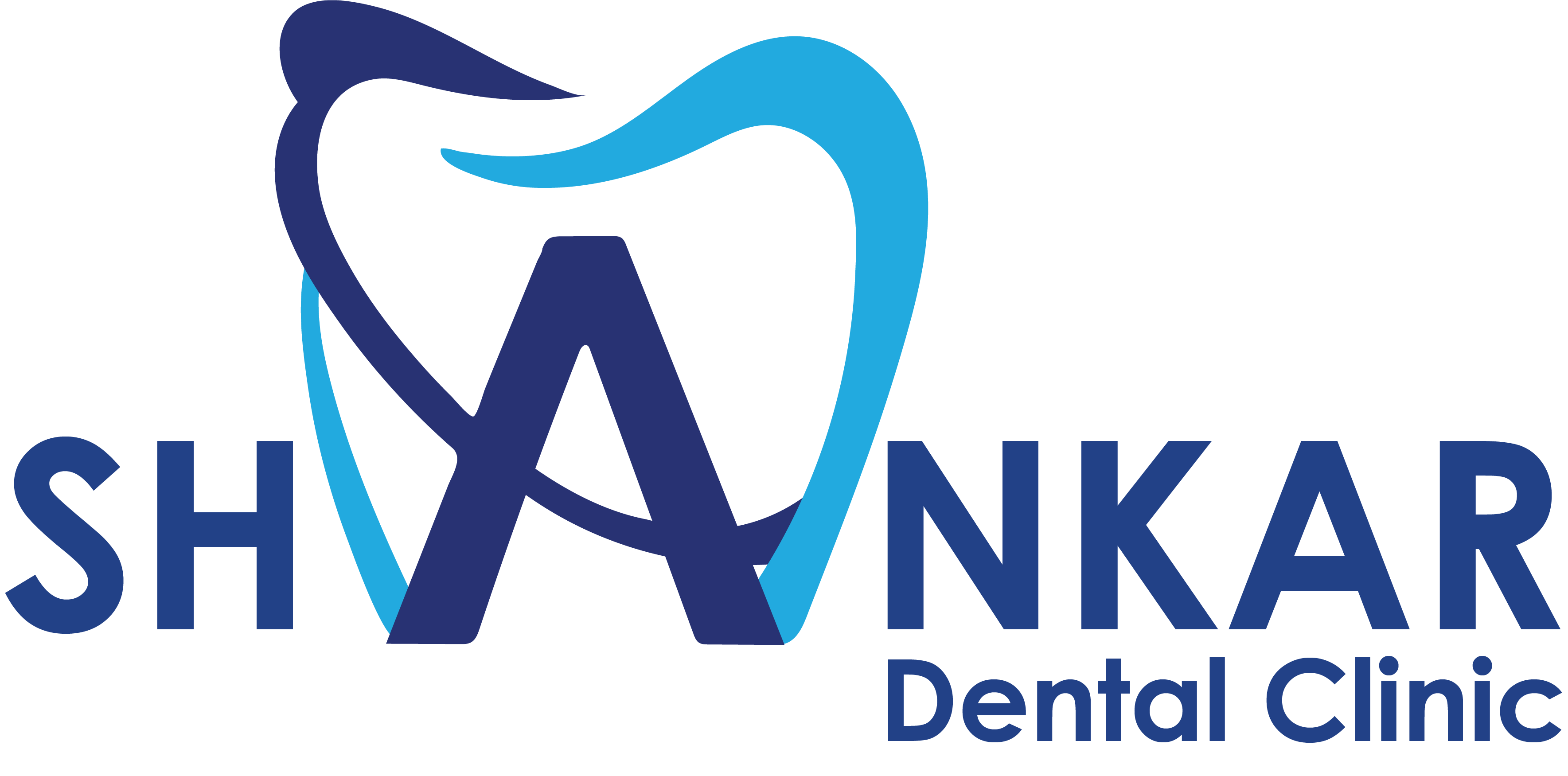FAQ
Common Treatment Questions
We recommend visiting the dentist at least twice a year for regular check-ups and cleanings. However, your dentist might suggest more frequent visits based on your specific dental health needs.
In case of a dental emergency, such as a broken tooth, severe toothache, or bleeding gums, contact your dentist immediately. Use cold compresses to reduce swelling and avoid touching or removing any broken parts of your teeth.
Professional teeth whitening, when done under a dentist’s supervision, is safe and does not harm your enamel. Overuse of at-home whitening products, however, can cause sensitivity or enamel damage
To prevent cavities:
- Brush your teeth twice a day with fluoride toothpaste.
- Floss daily to remove plaque between teeth.
- Limit sugary snacks and drinks.
- Visit your dentist regularly for cleanings and check-ups.
Use toothpaste designed for sensitive teeth and avoid consuming overly hot, cold, or acidic foods. If sensitivity persists, consult your dentist as it may signal a deeper issue like worn enamel or receding gums.
FAQ
Pre-Treatment Guidelines
Before your appointment, it’s helpful to:
- Arrive 10-15 minutes early to fill out any necessary paperwork.
- Bring your insurance details (if applicable).
- Inform the office about any medical conditions or medications you are currently taking.
For most routine dental procedures, you can eat beforehand. However, if you’re scheduled for a treatment like sedation, a deep cleaning, or any procedure that requires anesthesia, you may be asked to avoid eating for a few hours prior to the appointment. Please follow the specific instructions provided by our office.
If you are on prescription medications, you should continue taking them as usual unless otherwise instructed by your dentist. If you’re undergoing a procedure requiring sedation or anesthesia, your dentist may provide specific instructions on whether to take certain medications.
Maintain your regular oral hygiene routine, including brushing and flossing your teeth. However, if you’re undergoing a specific procedure (such as a cleaning or gum treatment), your dentist might provide additional instructions to follow before the treatment.
For children, it’s important to ensure they are well-rested and have eaten a light meal before their appointment. Additionally, if sedation is required, parents should be aware of the fasting instructions and accompany the child to the appointment.
FAQ
Post-Treatment Care Instructions
After your procedure, follow these general steps:
- Avoid touching or disturbing the treated area.
- If you received local anesthesia, wait for it to wear off before eating or drinking to avoid biting your cheek or tongue.
- Follow specific post-treatment care instructions provided by your dentist.
Mild discomfort is common after many dental procedures. You can manage pain with over-the-counter pain relievers, such as ibuprofen or acetaminophen, as recommended by your dentist. Apply a cold compress to reduce swelling if necessary. If the pain persists or becomes severe, contact our office.
It depends on the procedure:
- For routine cleanings, you can resume eating and drinking right away.
- After fillings, crowns, or extractions, avoid hard, crunchy, or sticky foods for 24 hours.
- If you received anesthesia or sedation, avoid eating or drinking until the effects wear off.
Always follow the specific instructions given by your dentist regarding food and drink.
- After cleanings: You can brush and floss immediately, but it’s advisable to wait for a few hours before using mouthwash.
- After fillings, crowns, or other restorations: Wait at least 24 hours before brushing or flossing the treated area to allow the material to set.
- After extractions or surgery: Avoid brushing near the treated area for the first 24-48 hours. After that, be gentle when brushing the area.
If you experience severe pain, prolonged bleeding, swelling that does not subside, or any signs of infection (such as fever or discharge), contact our office immediately. These symptoms may indicate complications that require prompt attention.
CONTACT US NOW
Appointment-Related Questions
You can book an appointment online through our website or call us directly during business hours.
Once your appointment is scheduled, you’ll receive a confirmation via email or text. If there are any issues with your appointment, we’ll contact you to make alternative arrangements.
Yes, we prioritize dental emergencies and will make every effort to see you as soon as possible. Please contact our office immediately if you are experiencing pain, bleeding, or any other dental emergency.
When scheduling, please provide the following information:
- Your full name, contact details, and date of birth.
- Insurance information (if applicable).
- A brief description of the treatment you need (routine check-up, cleaning, or specific dental concerns).
We offer weekend and evening appointments for your convenience. Please contact our office to inquire about availability, as these time slots may be limited.
